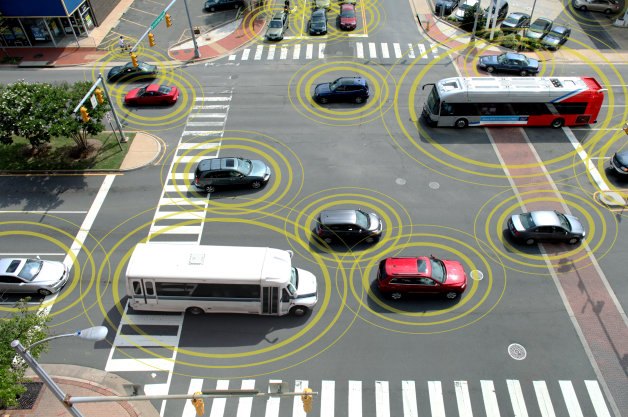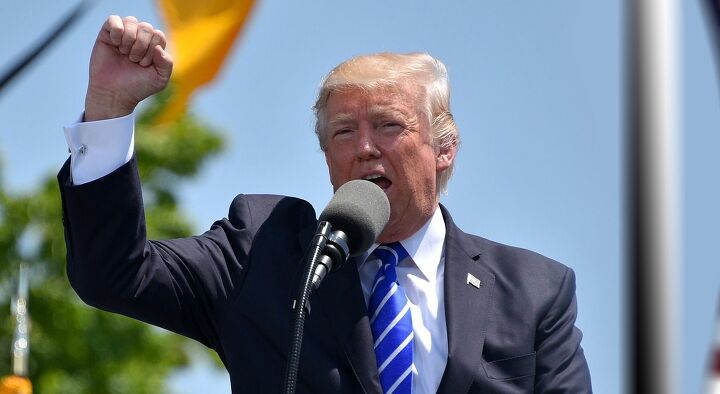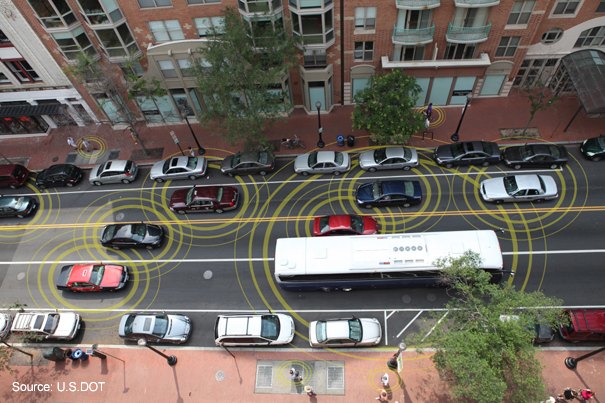#Vehicle-to-vehicleCommunications
FCC Prepares Repeal On Net Neutrality: Autonomous Car Victory or Orwellian Nightmare?
You’ve no doubt heard about net neutrality over the last few years. But, in case you haven’t, net neutrality is the principle that forces Internet service providers to treat all data on the Internet equally. It forbids them from discriminating on subject matter or charging different fees based upon the user, site content, website, platform, application, or method of delivery. Essentially, it makes the internet into a tap where you pay one flat fee for access to all content.
That could soon change. On Tuesday, the chairman of the Federal Communications Commission announced plans to repeal the landmark neutrality order from 2015. FCC head Ajit Pai, a Republican appointed by President Donald Trump in January, said last year that he believed net neutrality’s “days were numbered.”
Pai has been criticized for being overly supportive of telecom companies. But a few automakers support his cause, as some of the FCC’s regulations have been at odds with autonomous car development.
You Not Having a Car With 'Superpowers' is Somehow Donald Trump's Fault
Supposedly, everyone eagerly anticipates the day they can own a shiny-new self-driving car, but automakers, regulatory agencies, consumer advocates, Silicon Valley, and the White House are debating how exactly that’s supposed to happen. They haven’t reached a consensus yet — and that’s probably not likely to change anytime soon.
Most autonomous cars rely on array of cameras, LIDAR, GPS, inertial measurement devices, and complex control systems used to interpret sensory information before reacting accordingly. Vehicle-to-vehicle communication systems (V2V) are regarded by many as essential components to establishing fully automated travel. The theory is that, by allowing cars to communicate directly on a broadband frequency, they can better predict each other’s movements.
However, a recent Bloomberg article accuses the technology of “going nowhere fast,” citing the Trump administration as the chief culprit, and alluding to the direct stifling of technology that would give cars “superpowers” in the next few years.
I probably won’t have the opportunity to say this often — and it feels kind of strange to say it now — but these accusations aren’t entirely fair to the president or his administration.
US Government Seeks Private Company To Run National V2V Network
Not too long ago, we brought you news of the U.S. government and a handful of automakers coming together to bring vehicle-to-vehicle communication systems online by 2020 at the earliest. Though the government is excited to make your vehicles more connected, running the show is a task the feds simply cannot afford to do.

















Recent Comments